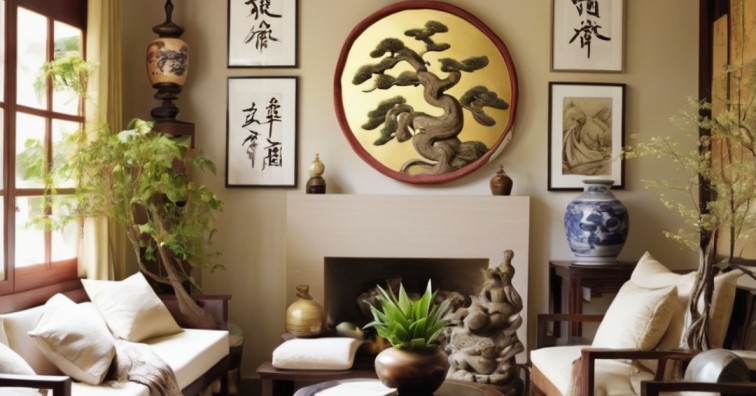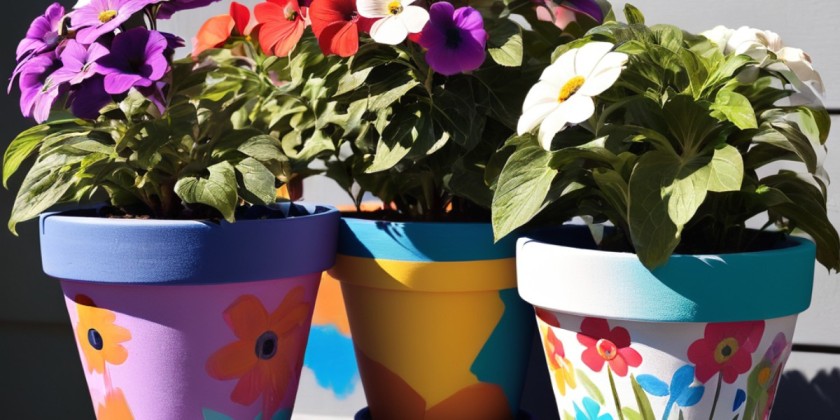Understanding the principles of Feng Shui
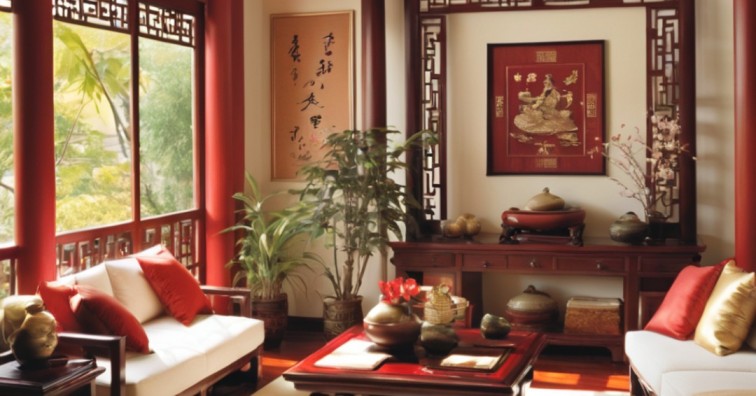
Feng Shui, an ancient Chinese practice, is the art of harmonizing and balancing your living space to create a serene and harmonious environment. The principles of Feng Shui are deeply rooted in the belief that the energy, or chi, flows through our surroundings and has a profound impact on our well-being. By understanding and applying the principles of Feng Shui, you can transform your home into a sanctuary of peace and tranquility.
The importance of balance in Feng Shui
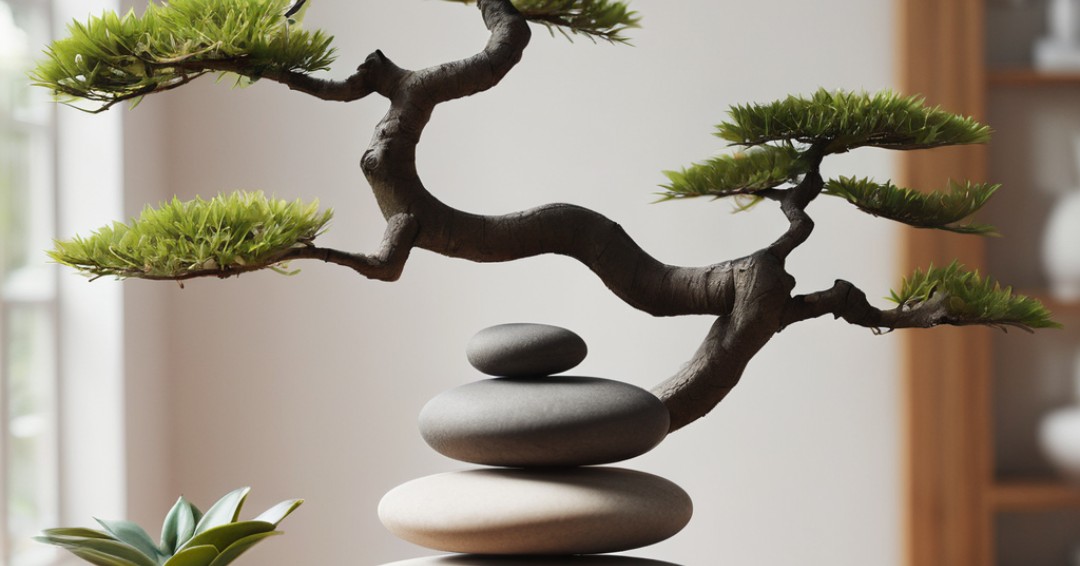
One of the fundamental principles of Feng Shui is the concept of balance. In Feng Shui, balance refers to the equal distribution of energy throughout your living space. It is believed that when the energy flows smoothly and evenly, it promotes a sense of well-being and harmony. Achieving balance in Feng Shui involves assessing the different areas of your home and making adjustments to ensure that the energy flows freely and harmoniously.
Also read:How Craft and Architecture Can Come Together to Tell New Stories of Identity and Culture
How to assess your living space for optimal energy flow?
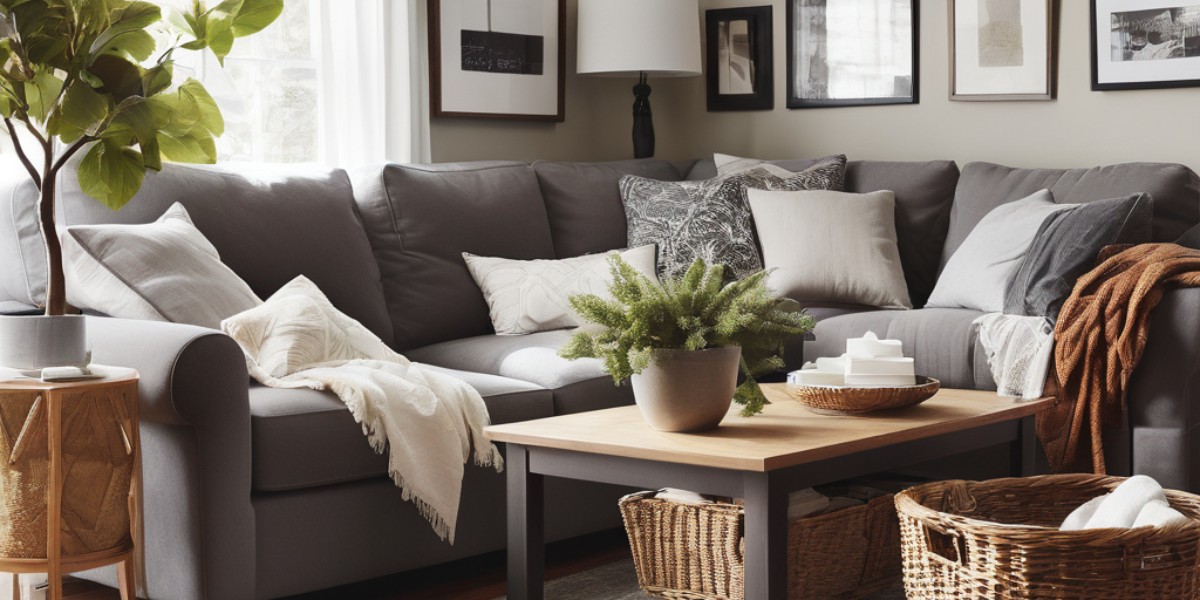
To assess your living space for optimal energy flow, start by decluttering and organizing your home. Clutter not only hinders the flow of energy but also creates a sense of chaos and stress. Clearing out unnecessary items and creating a sense of order will instantly improve the energy in your home. Additionally, pay attention to the layout of your furniture and the arrangement of objects. Ensure that there is enough space for the energy to circulate freely and avoid blocking pathways or doorways.
Applying Feng Shui to different rooms in your home
Each room in your home serves a different purpose and requires specific Feng Shui adjustments. Let’s start with the living room. This is the space where you entertain guests and spend quality time with your family. To create a harmonious living room, consider the placement of furniture. Arrange seating in a way that promotes conversation and connection. Use colors that evoke a sense of relaxation and harmony, such as earth tones or soft blues. Incorporate natural elements like plants or a small indoor fountain to enhance the flow of positive energy.
Also Read:Unleashing the Charm of Unique Plant Pots for Outdoor Spaces
Moving on to the bedroom, this is where you rest and rejuvenate. A peaceful and serene bedroom is essential for a good night’s sleep. To create a harmonious bedroom, start by choosing a soothing color palette. Soft pastels or muted earth tones are ideal. Position the bed in a way that allows you to see the entrance to the room while lying in bed, as this promotes a sense of safety and security. Avoid placing the bed directly under a window or in line with the bedroom door, as this can disrupt the flow of energy.
Colors and their significance in Feng Shui
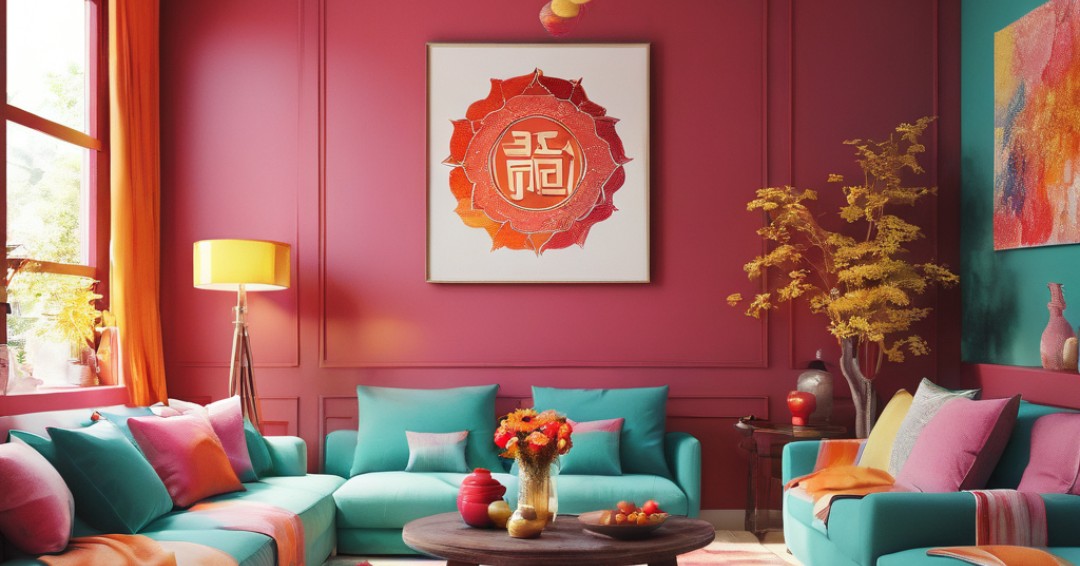
Colors play a significant role in Feng Shui as they have the power to evoke specific emotions and energies. Each color is associated with different elements and affects the energy in a room. For example, red is a vibrant and fiery color that represents passion and energy. It is associated with the fire element and is often used to stimulate passion and enhance relationships. On the other hand, blue is a calm and soothing color that represents tranquility and peace. It is associated with the water element and is often used to create a sense of relaxation and serenity.
Furniture placement and its impact on energy flow
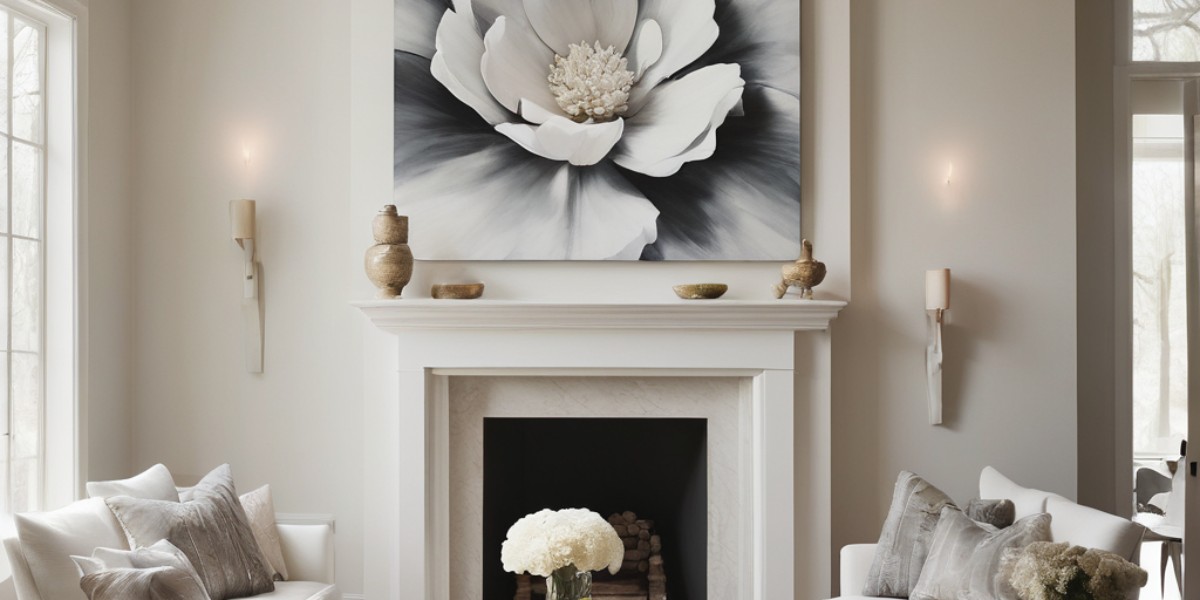
The placement of furniture is crucial in Feng Shui as it can greatly impact the flow of energy in your home. When arranging furniture, consider the concept of the commanding position. This position allows you to see the entrance to the room while sitting or lying down, giving you a sense of control and security. Avoid placing furniture in a way that blocks pathways or restricts the flow of energy. Additionally, be mindful of the size and scale of your furniture. Oversized or bulky furniture can create a sense of heaviness and stagnation, while smaller, well-proportioned pieces promote a sense of lightness and flow.
Incorporating natural elements into your home for harmony

Nature is an essential element in Feng Shui, as it represents growth, vitality, and harmony. Incorporating natural elements into your home can help create a sense of balance and tranquility. Start by introducing plants into your living space. Plants not only purify the air but also bring a sense of vitality and life into your home. Choose plants with rounded or heart-shaped leaves, as they are believed to promote positive energy. You can also incorporate natural materials such as wood, stone, or bamboo into your decor. These materials add warmth and a feeling of establishing to your space.
Feng Shui remedies for common problems in your living space
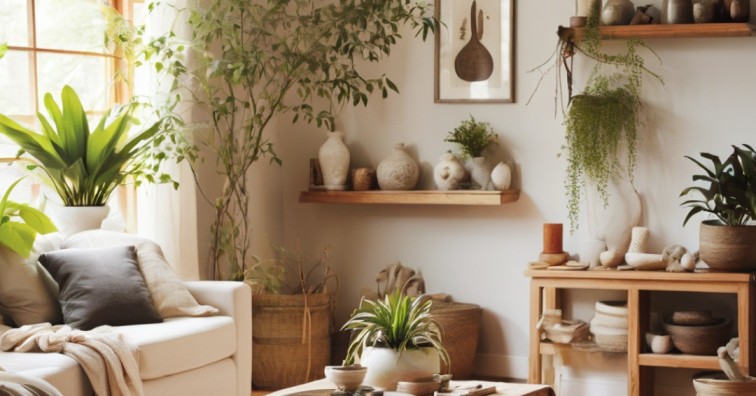
Sometimes, despite our best efforts, certain areas of our living space can feel stagnant or unbalanced. In Feng Shui, there are remedies and adjustments that can help rectify these issues. For example, if a particular room feels dark or lacks natural light, you can use mirrors to reflect light and create a sense of brightness. Mirrors also have the power to expand the space and make it feel larger. If there is a room that feels cluttered or overwhelming, you can use storage solutions to organize and tidy up the space. By addressing these common problems, you can restore balance and harmony in your living space.
Creating a peaceful and serene bedroom with Feng Shui
The bedroom is a sacred space where you retreat to rest and recharge. To create a peaceful and serene bedroom with Feng Shui, start by decluttering and removing any items that do not serve a purpose or evoke positive emotions. Keep the space clean and free of distractions. Choose a soothing color palette and use soft lighting to create a relaxing ambiance. Position the bed in the commanding position and ensure that it is supported by a solid headboard. Use high-quality bedding and invest in a comfortable mattress to promote a night of restful sleep carrying out these Feng Shui standards, you can change your room. into a tranquil sanctuary.
Tips for maintaining a harmonious living space with Feng Shui
Maintaining a harmonious living space with Feng Shui requires ongoing attention and care.Here are a few hints to assist you with keeping up with the positive energy in your home:
- Regularly declutter and organize your living space to keep the energy flowing freely.
- Clean your home regularly to remove any stagnant or negative energy.
- Pay attention to the placement of furniture and objects, ensuring they promote balance and harmony.
- Incorporate natural elements into your decor, such as plants or natural materials.
- Use colors strategically to evoke specific energies and emotions.
- Create a peaceful and serene bedroom for restful sleep.
- Practice mindfulness and intention in your daily routines to cultivate positive energy.
Conclusion:
Enhancing your life through the art of Feng Shui
Mastering the art of Feng Shui can have a profound impact on your life. By understanding the principles of balance and harmony, you can create a living space that promotes peace, serenity, and well-being. From assessing your living space for optimal energy flow to incorporating natural elements and using colors strategically, there are numerous ways to enhance the energy in your home. By implementing the tips and techniques discussed in this article, you can transform your home into a sanctuary of harmony and serenity. Embrace the art of Feng Shui and experience the transformative power it can bring to your life.







